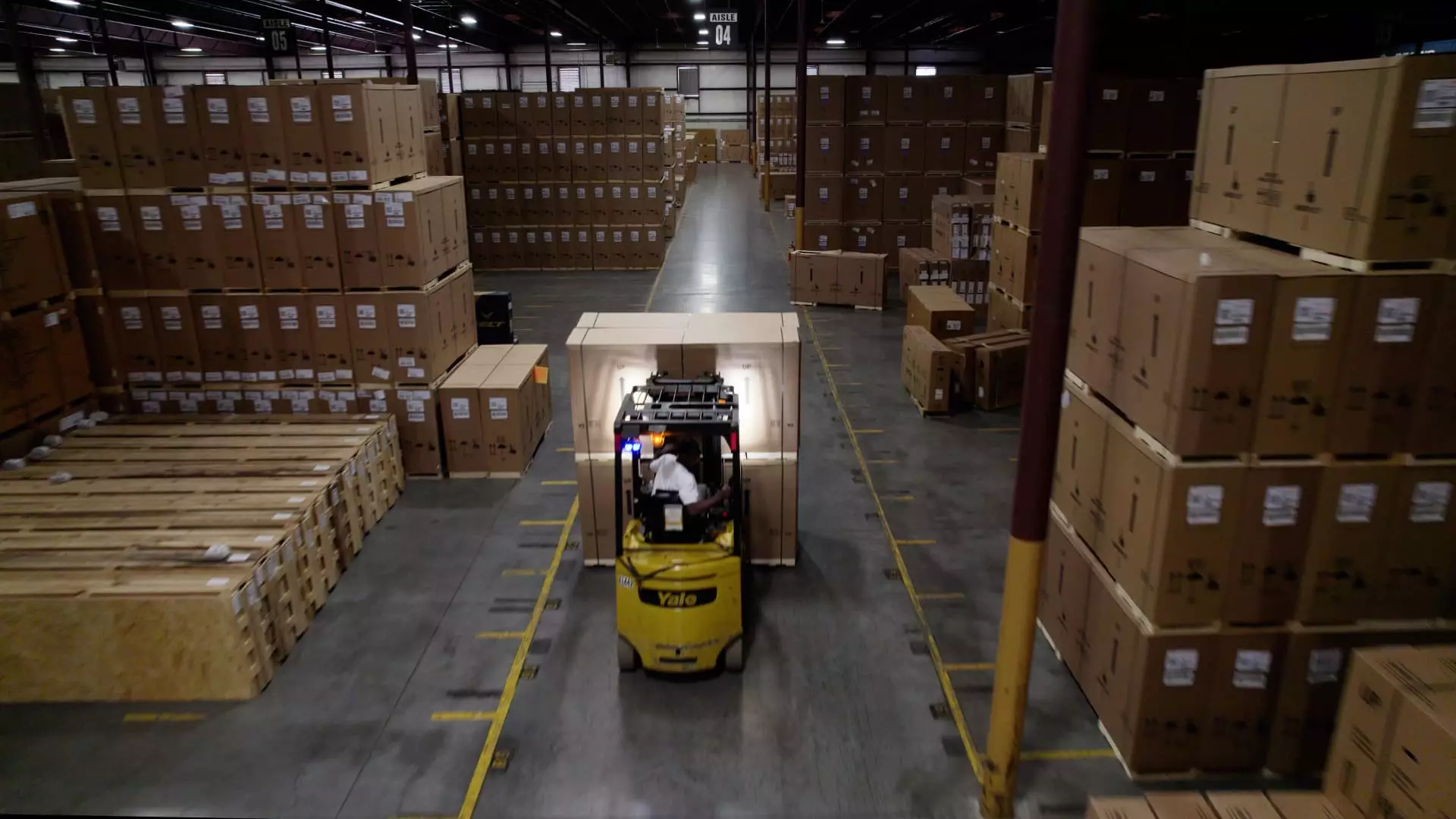In the complex web of global trade, companies often walk a tightrope between maximizing profits and risking broader economic destabilization. One of the most contentious tools in this delicate balancing act is the use of Foreign Trade Zones (FTZs) and bonded warehouses. Originally conceived to stimulate American exports during periods of economic hardship, these zones have evolved into strategic loopholes that allow corporations to defer, reduce, or altogether avoid importing tariffs—sometimes at the expense of long-term stability.
While on the surface, FTZs appear as a benign mechanism to aid businesses, a closer look reveals a system that prioritizes corporate cash flow over economic integrity. During the Great Depression, Congress introduced FTZs to counteract the devastating impact of tariffs like the Smoot-Hawley Act, with the aim of revitalizing commerce and supporting domestic manufacturing. Fast forward to today, and the same principle is exploited on a much larger scale, often resulting in distorted trade flows and uncertain fiscal consequences.
The allure of these zones lies in their ability to act as a temporary sanctuary from immediate import duties—offering an almost magical “duty-free” environment where products can be stored, assembled, and modified without triggering tariffs. The moment these goods exit the zone into the U.S. market, duties become payable. This delay in obligation, however, is a double-edged sword, creating a form of deferred debt that can serve to mask the true cost of imported goods and inflate corporate profits temporarily. Yet, this practice can destabilize the broader economy by creating a false sense of affordability and reducing treasury revenues that fund critical public services.
Corporate Strategies in the Face of Global Trade Turmoil
Amidst the uncertainty spawned by tumultuous trade policies—most notably during the Trump administration—companies have increasingly relied on FTZs and bonded warehouses as strategic tools to weather the storm. By leveraging these zones, firms dramatize cash flow advantages, postponing duty payments until the timing is more advantageous or when tariffs potentially decrease. The practice serves as a financial cushion, enabling firms to sustain operations and avoid the immediate fiscal shocks caused by escalating tariffs.
This approach fosters a dangerous reliance on deferred liabilities. When companies re-export products, duties are completely avoided, creating so-called “tariff bubbles” that distort true trade costs. Consequently, industries such as automotive manufacturing, electronics, and even pharmaceutical production, which have historically benefitted from FTZs, now find themselves in a precarious position where policy reversals—like President Trump’s restrictions on Pfizer’s vaccine development—undermine longstanding operational models.
For these businesses, the loss of the “inverted tariff” advantage—where duties on components are lower than on finished products—means faced with increased costs and squeezed margins. Companies such as Regent Tek Industries, involved in manufacturing road markings, express frustration over higher tariffs, which fundamentally threaten their ability to deliver affordable products. They are caught in a perilous balancing act: pay more now or face the risk of higher costs later if tariffs revert or rise.
Economic Risks and Ethical Concerns Behind Deferred Tariffs
From a broader perspective, this reliance on trade zones as financial refuge reveals a troubling trend: a silent shift toward prioritizing immediate corporate gain over sustainable economic practices. While it’s understandable for companies to seek safeguards in unpredictable international environments, a systemic dependence on these mechanisms raises critical questions about economic resilience. Are we, as a nation, enabling a form of regulatory meandering that benefits the few at the expense of many?
Additionally, these practices threaten to obscure the true costs of imported goods, thereby distorting market signals that normally guide investment and innovation. When duties are deferred or minimized, the playing field tilts unfairly, potentially leading to market dominance by firms that manipulate trade zones rather than produce efficiently. Furthermore, the public coffers that depend on tax revenue from tariffs and duties are inadvertently weakened, which could erode important investments in infrastructure, education, or social services.
The ethical implications are equally significant. Utilizing FTZs and bonded warehouses as long-term tax strategies often borders on exploiting loopholes rather than fostering genuine economic growth. While companies justify these practices as necessary responses to global trade conflicts, they often ignore their wider implications—undermining fair competition, distorting consumer prices, and inviting systemic risks that could eventually destabilize the very economy they seek to protect.
In an era marked by economic volatility and geopolitical tensions, it is imperative that policy makers critically evaluate the long-term consequences of endorsing or perpetuating such trade zone abuses. Relying on these mechanisms as a primary means of managing costs risks transforming short-term financial gains into a future fiscal crisis, where the true toll of deferred liabilities is paid not by corporations, but by society at large.

Leave a Reply